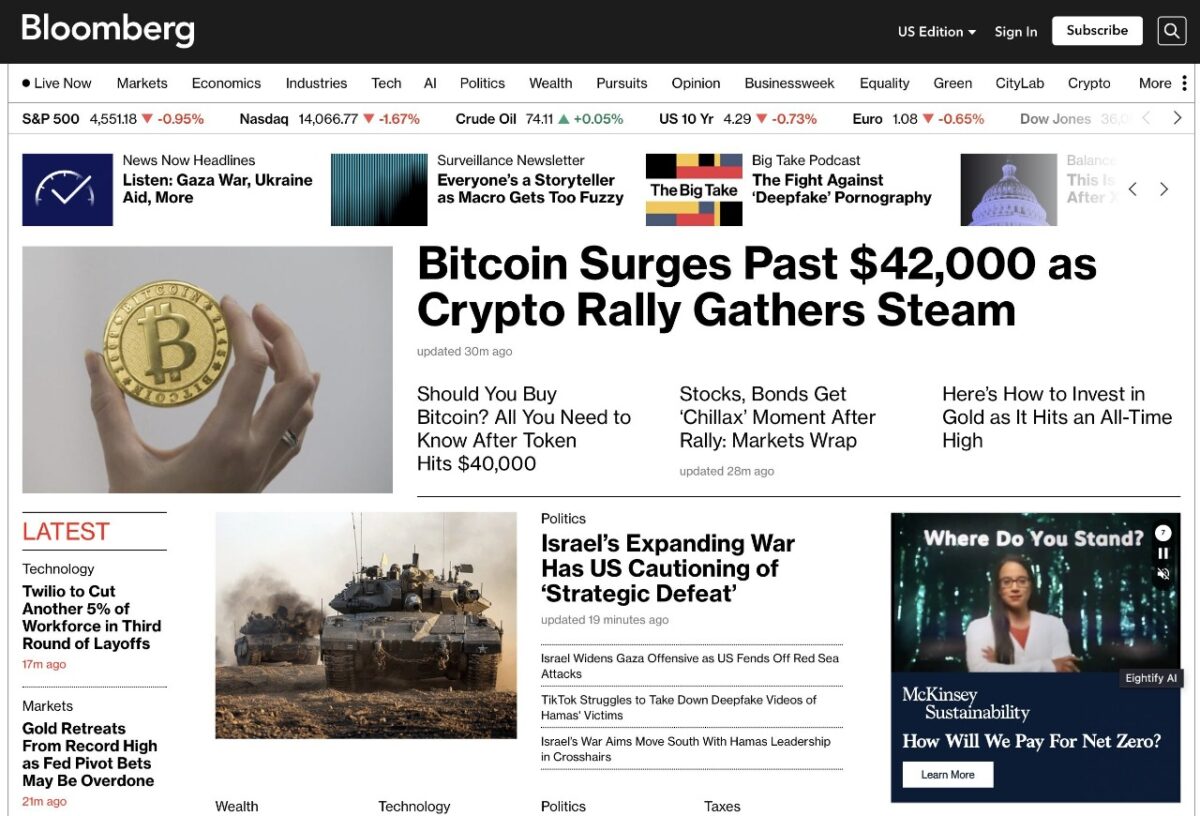8M
...
The financial world buzzed with excitement as Max Keiser, a well-known financial pundit, reported on the burgeoning rumors that Qatar’s Sovereign Wealth Fund is making a monumental entrance into the Bitcoin market. The whispers suggest a staggering interest—up to $500 billion could be allocated for Bitcoin acquisitions, a figure that would represent one of the most significant endorsements of Bitcoin’s value as an investment.
Keiser’s revelation has the potential to send shockwaves through the financial community. If Qatar’s Wealth Fund were to funnel such an immense sum into Bitcoin, it would not only signify a major shift in institutional investment strategies but also potentially usher in a new era for Bitcoin’s market valuation and stability.
The implications of this move are immense. A buy-in of this magnitude from a sovereign wealth fund would greatly diminish the skepticism surrounding Bitcoin’s staying power. It could potentially act as a catalyst for other large-scale institutional investors who have been on the fence about committing to Bitcoin, waiting for a sign of its acceptance by established financial entities.
This isn’t the first time Qatar has been at the forefront of financial innovation. The nation’s wealth fund is known for its strategic investments and its eye for future trends. A pivot towards Bitcoin would align with its reputation for forward-thinking investment decisions.
Keiser’s reports, if confirmed, could position Bitcoin in a league previously dominated by traditional safe-haven assets like gold and real estate. Such an endorsement would likely attract a new wave of retail investors, eager to follow in the footsteps of one of the world’s most formidable financial powerhouses.
As the community awaits further details and official statements, the mere possibility of Qatar’s Wealth Fund engaging with Bitcoin at this scale has already sparked a flurry of excitement and speculation. The Bitcoin narrative, already rich with tales of unprecedented growth and unexpected turns, now teeters on the brink of a new chapter—one that could redefine its role in the global financial ecosystem.
















